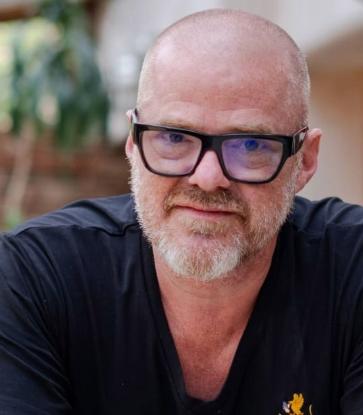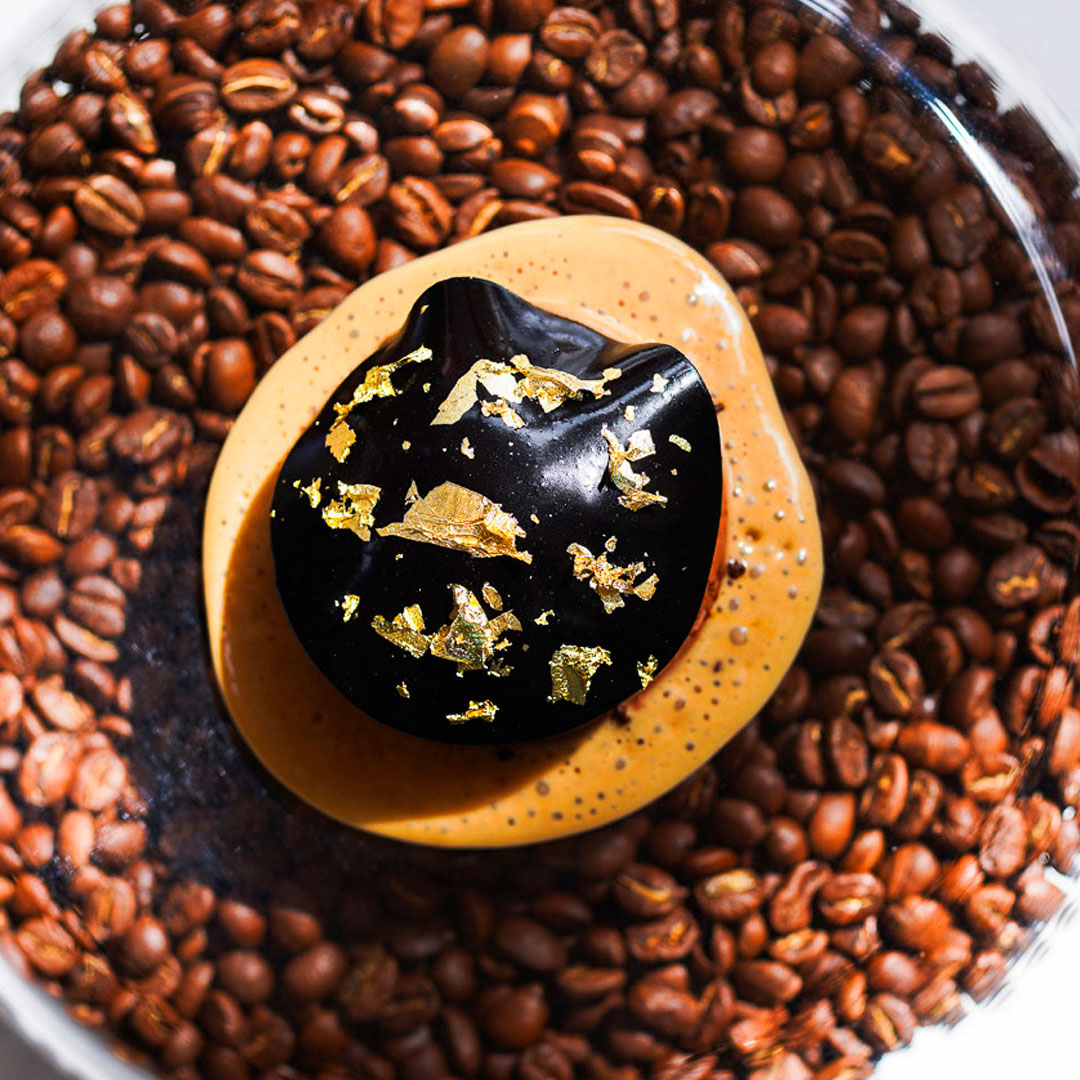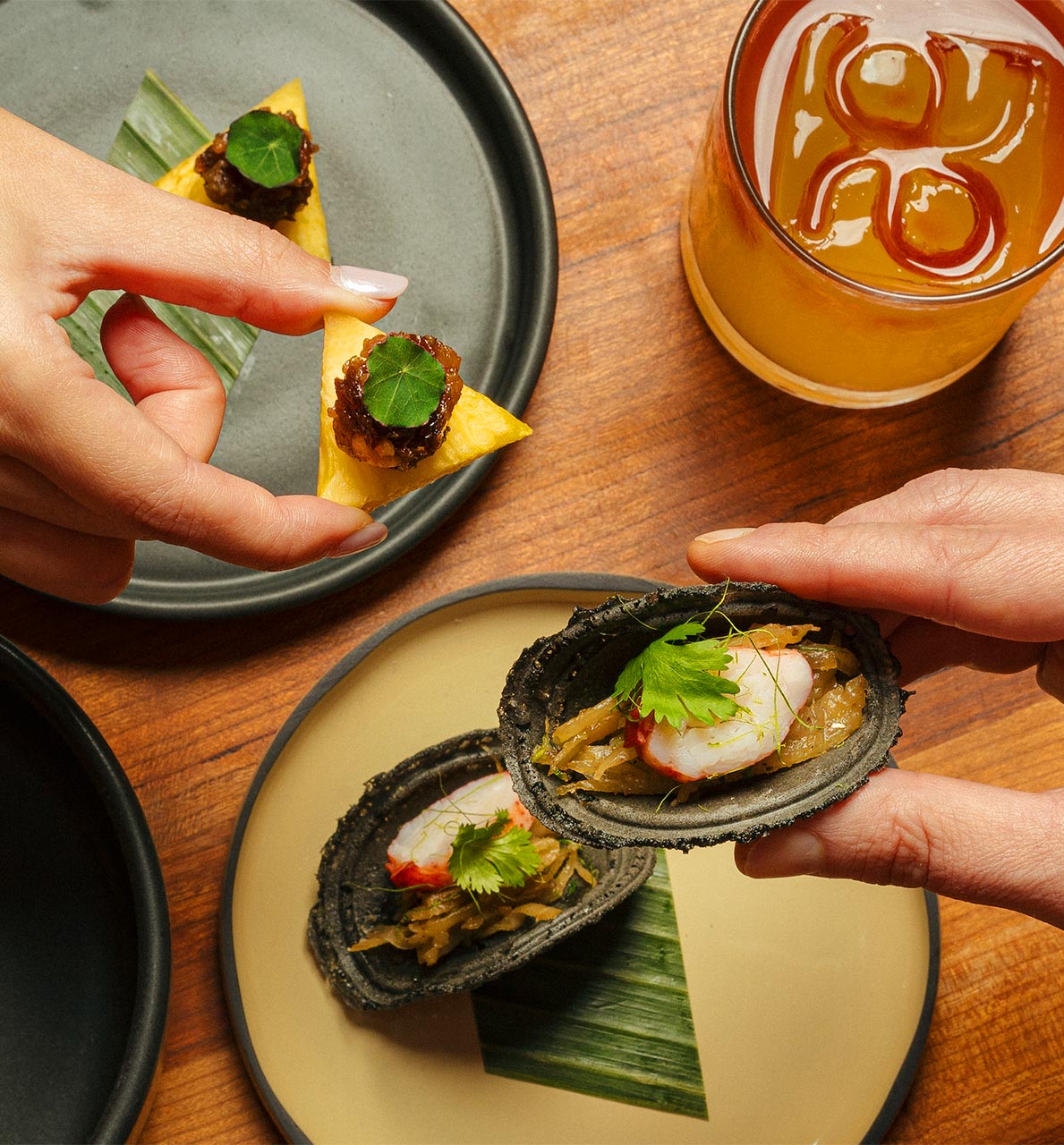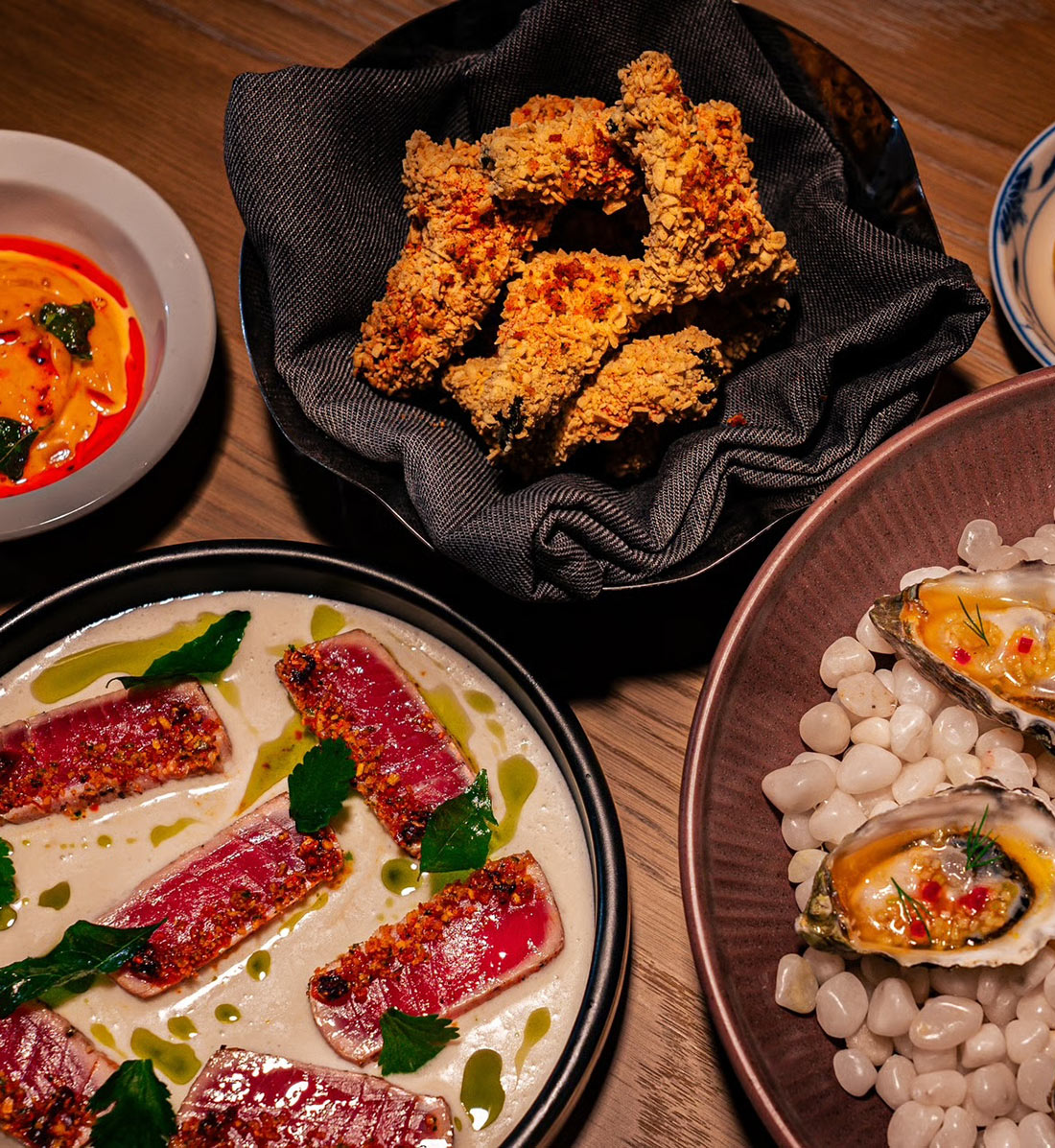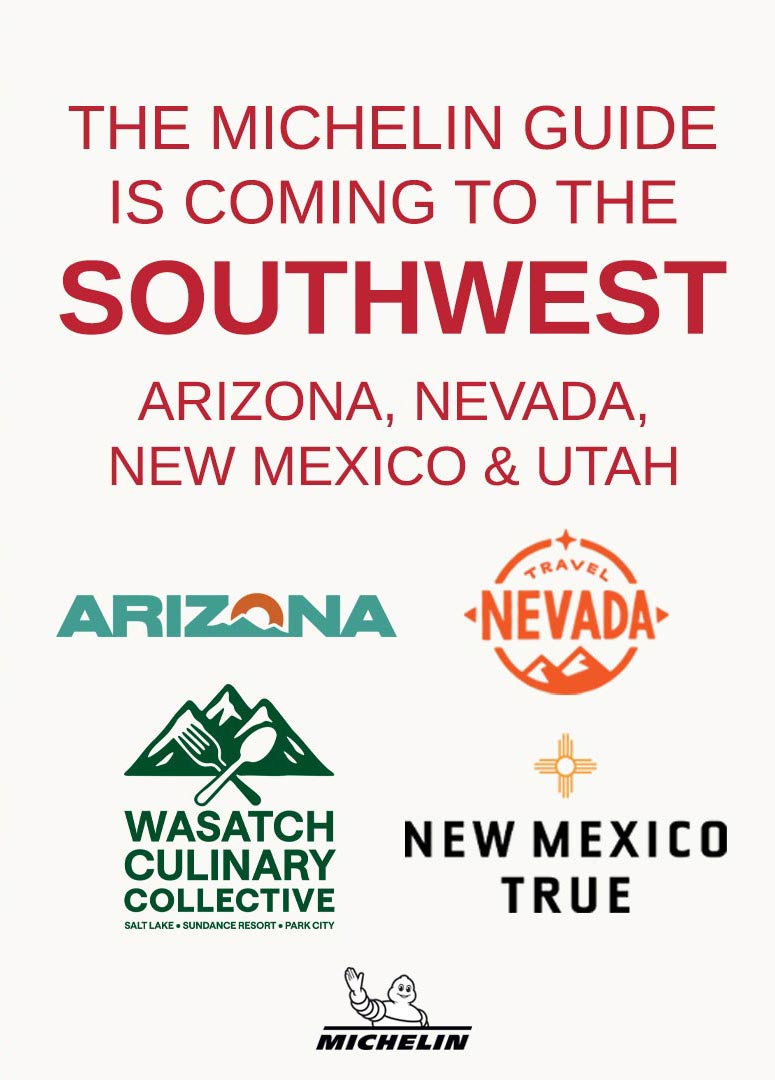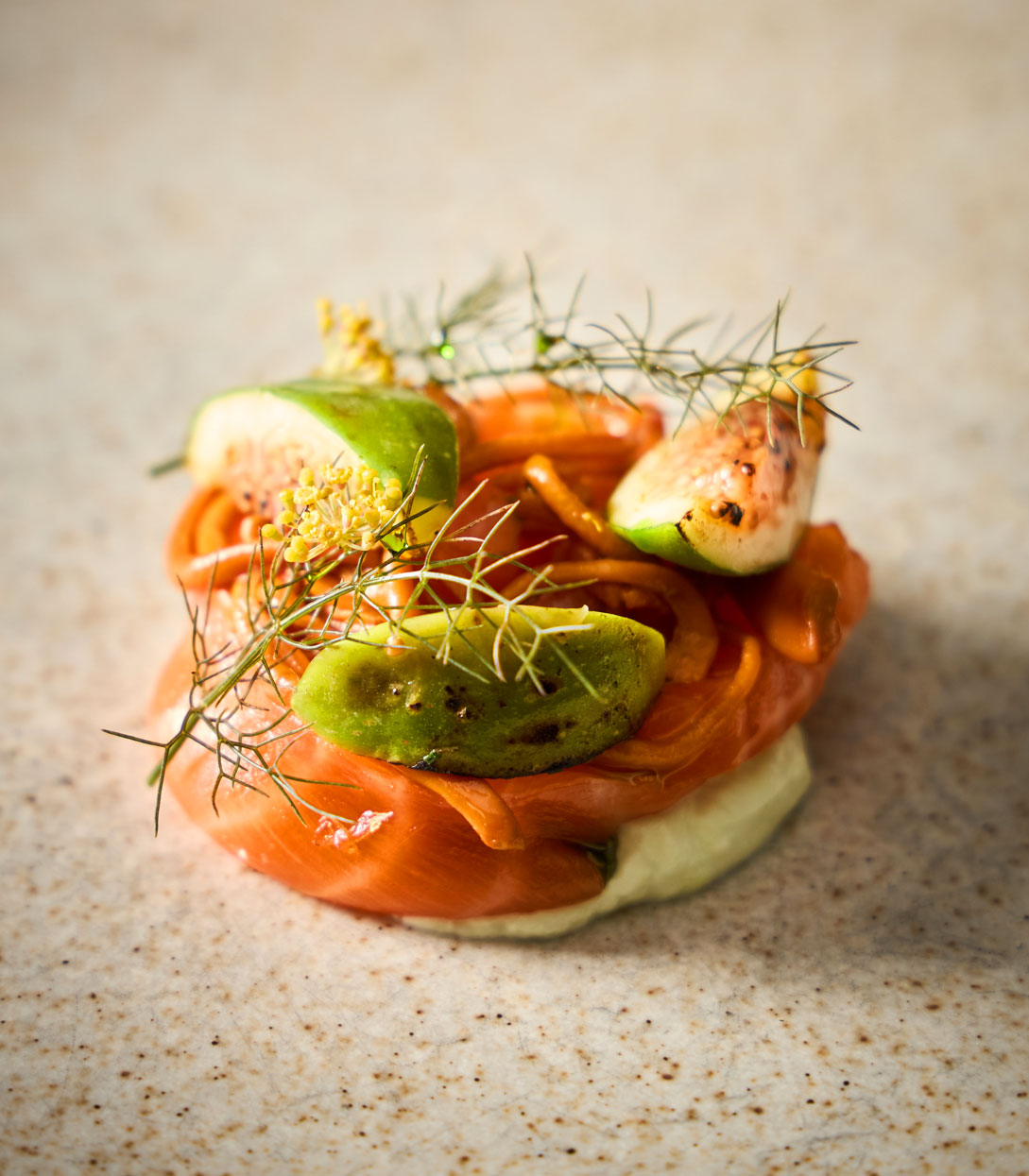The MICHELIN Green Star is awarded to restaurants who are at the forefront of the industry in sustainability. From sustainable cocktails to sustainable dining being a way of life in Baja California, these restaurants prove that being green can be just as tasty as their counterparts.
That’s why, every week, whether it's a community-focused Filipino restaurant focused on regenerative farming or a neighborhood spot going plastic wrap-free, we will be highlighting a Green Star restaurant across the United States to share their sustainability story and why it means so much to them.
An icon of Atlanta for 32 years, One MICHELIN Star and Green Star Bacchanalia has not only been a leader in fine dining, but also a leader in sustainability. Chefs Anne Quatrano and Clifford Harrison have operated their 60-acre Summerland Farm for three decades, supplying their restaurant with the freshest produce. Training over 2,000 employees at the restaurant to be more environmentally conscious, the duo has made significant strides pushing forward the sustainability movement in the South and beyond.
And if you want to check out our Inspectors' take, click here.

What is your philosophy on sustainability?
We've been living it. For us, this has run deep since I began cooking in 1985 at Zuni Café. We were cooking exclusively from what was available within 100 miles. I realized that this was how I wanted to cook, and that followed me to Manhattan, Nantucket, and then to the South.In the South, it wasn't happening here in Atlanta, Georgia in 1992, but we got there by supporting our local growers and by growing what we needed ourselves. Our industry has a huge carbon footprint. Early on, we started to recycle our bottles. We recycle our oil, of course, and we recycle all our vegetable scraps and our eggshells through feeding our chickens and composting at home. We recycle our coffee grinds. That helps with our compost.
Tell us about your most impactful initiative.
In the last 32 years of being a restaurant Atlanta, we have led over 2,000 people in the culinary industry. We've had over 2,000 employees, leading them in this direction of sustainability. We spent our money intentionally, and we showed our staff how to spend their money intentionally and make delicious food. Atlanta restaurants have really embraced it in so many ways that it's admirable.

What’s one thing everyone can do to be more environmentally friendly in their daily lives?
Do not drink bottled water. That's so simple, but so hard sometimes. Get yourself a good reusable bottle. Fill it up. I like Brita. We have good well water at home, so I don't have to worry too much, but I do get where people are concerned about the water they drink.
What do you view as the future of sustainability in gastronomy?
We're all going to be forced to be more aware as our resources dwindle. The far future is meatless, but we're not there yet. I could survive on eggs. Eggs are pretty sustainable. Chickens are this perfect animal. We don't eat them, we just let them lay until they stop laying, and then they just live and control bugs. They don't drink too much water or take up too much space.Sustainability all needs to be this grassroots local thing to be more effective. Big national, international gestures on sustainability aren't always feasible. What we need in the South is not what Hudson Valley needs. Taking local money, putting it into local farms or advocacy – it works better.
I'm a very big fan of Wholesome Wave by Michel Nischan and Gus Schumacher. I've worked for a lot of other nonprofits that are very heavy in overhead. Sometimes, the mission is lost. Wholesome Wave is really simple. They raise money and the government matches the money. If someone goes to a farmers' market with $10, the farmers' market gives them $20 of tokens to buy fresh local produce. So, people are getting better food, twice as much as they could elsewhere. The farmers are getting more money, and the whole circle keeps going.
What’s the most sustainable dish on the menu?
We do this awesome egg and Georgia shrimp dish. It's an appetizer that's quite delicious, a custard with great shrimp from the coast. Everything is from us and Georgia.
What can other restaurants do to be more environmentally conscious?
A first step is to control your waste. Utilize your products as completely as you can. Use stems for stock and garnish. There's so many ways to use them.Recycle all your cardboard. That’s a no brainer. Get a good bottle recycler. Almost all local farms are happy to take compost, and there's big organizations that take compost too. Those are things that you can do that really cost you nothing.
These days, it's very easy to get local produce, and at this point, the local produce is really not that much more or any more expensive. It just makes sense. It's fresher, lasts longer, tastes better, and it costs about the same. The more you buy local produce, the more farms pop up, the more affordable it gets.

Hero image: Amanda Greene / Anne Quatrano and Clifford Harrison at Summerland Farm








